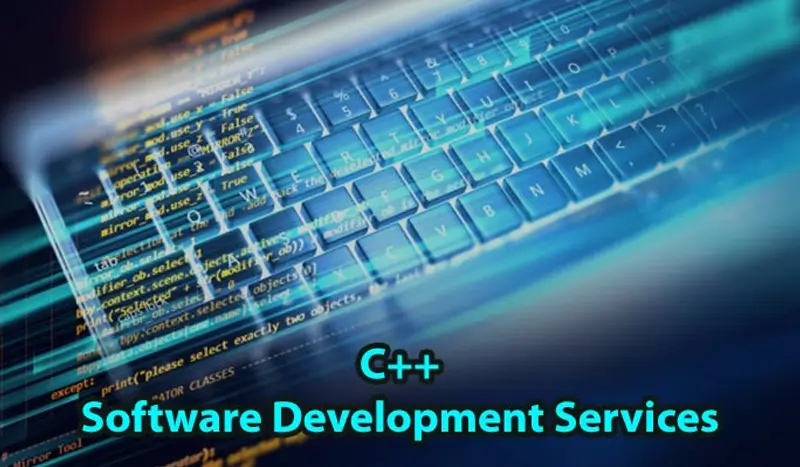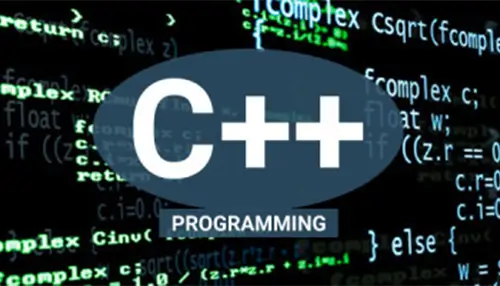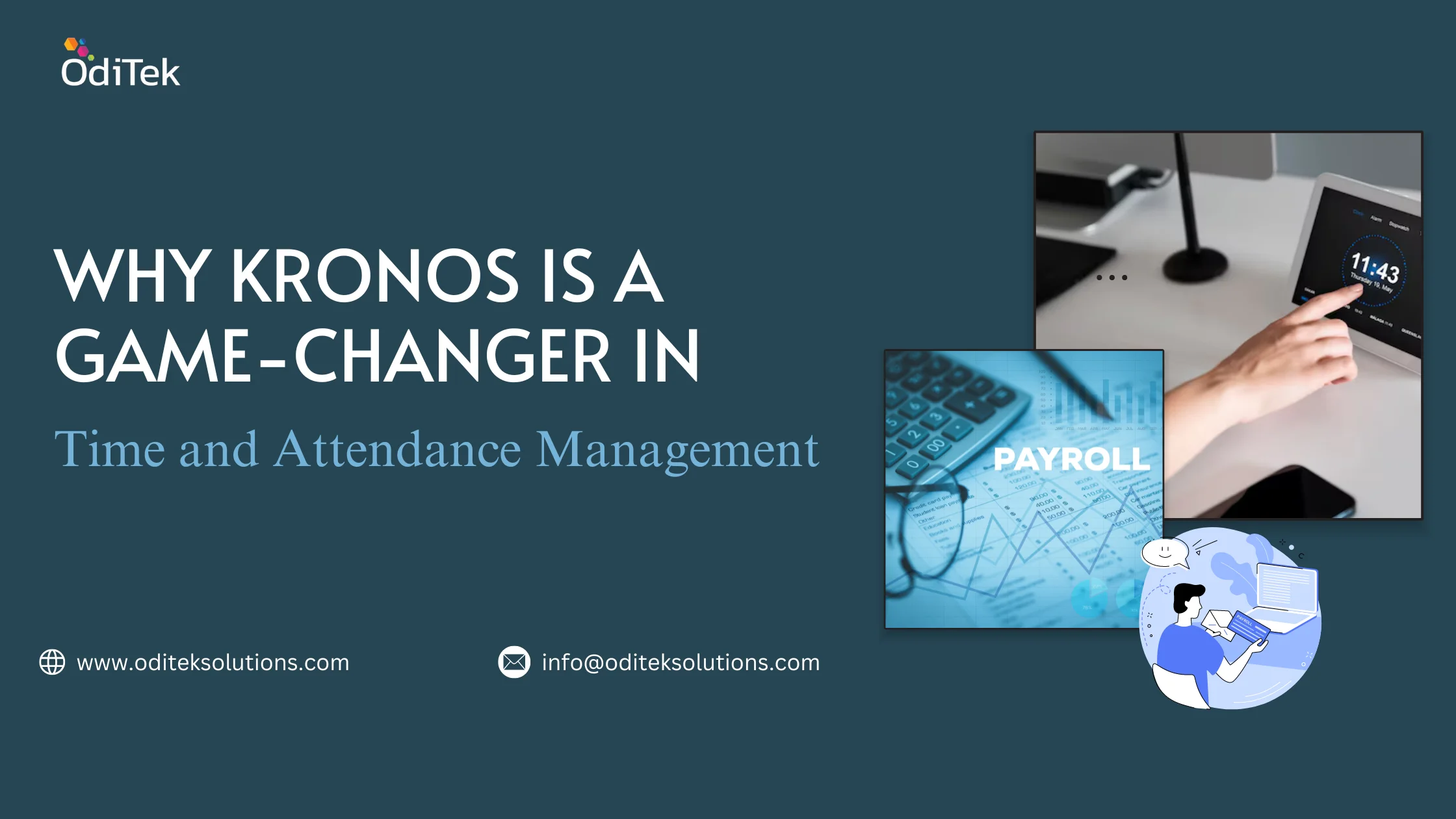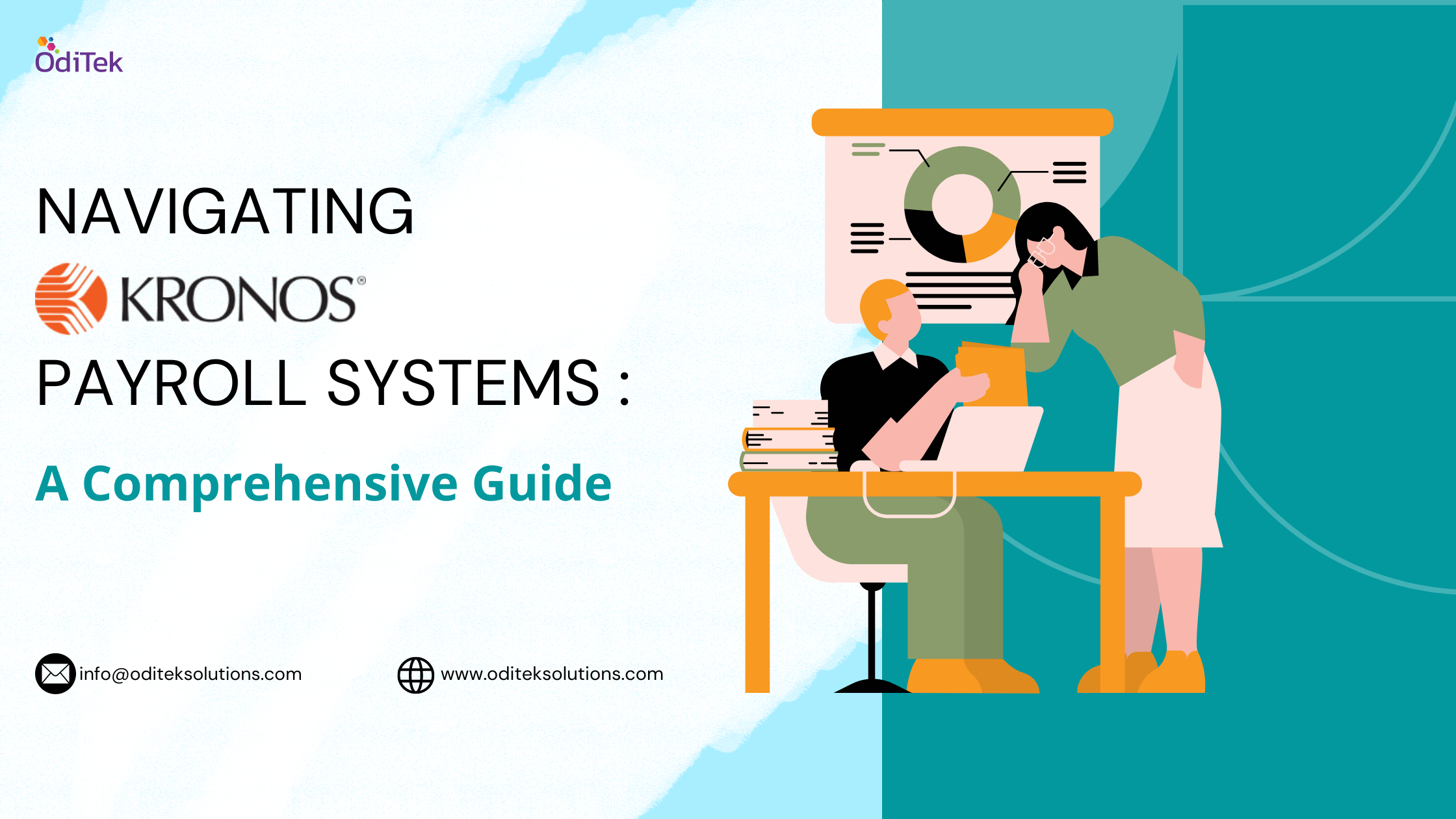CPP is an object-oriented programming language that is utilized for multi-device application development. The C++ language consolidates increased capacity and ideal execution of programming, which is the reason behind such popularity of this language. It is also broadly utilized for building efficient applications. Furthermore, since this language has the best similarity with C and some other language, it can also be executed on various platforms.
The C++ programming language is utilized for either client or server-side development purposes. C++ is the most ideal choice, whether you need to deliver incredible user experience, or need high-performing middleware servers, or backend frameworks.
C++ software development focuses on code safety and high convenience. This programming language can be utilized for the improvement of native mobile applications such as iOS or Android as well as modern desktop software such as Windows, Mac OS X, or Linux. C++ can be as basic as well as powerful depending upon your need.
Large scale C++ Software Design
Building up a huge scope programming framework in C++ requires something other than a sound understanding of the sensible issues covered under C++ programming. To be fruitful, you may also require a grip of physical plan ideas that, while closely attached to the specialized parts of development, incorporate a dimension with which even expert developers may have almost no experience.
This involves large development efforts such as databases, operating systems, compilers, and systems. It demonstrates how to design huge frameworks, and also provides practical aspects of the C++ programming language.
Guidelines
1. Keep class data private
This is one of the essential rules of both physical as well as object-oriented design. It’s a smart thought since it hides a portion of the complexity of the component. These factors as private won’t have any physical design impact, yet going a step ahead and utilizing a compiler firewall (PIMPL/Cheshire feline) is known to diminish the compile-time dependencies.
2. Avoid data with external linkage at file scope
Simply include “static” and it’s very easy to do and help to avoid linker mistakes and linker bugs. Let’s take for example, you must have experienced an issue with two external linkage functions having a similar name and having boundaries that were convertible to one another. An inappropriate function was being called at runtime without any warning at the compile time. The main caution here is that most of the C++ compilers don’t support making internal symbols by adding them in a mysterious namespace though this is the standard suggested strategy and the static technique is now depreciated.
3. Avoid free functions or except operator functions at file scope in .h files avoid free functions with external linkage including operator functions in .cpp files
The essential thought is that of maintaining a strategic distance from name conflicts and peculiar interaction between translation units
4. Avoid enumerations, typedefs, and constants at file scope in .h files
Same thought as in the past. Enumerations are particularly tricky since the identification name isn’t a namespace and every enumeration value is broadcasted in the worldwide namespace.
5. Only classes, structures, unions, and free operator functions should be declared at files scope in a .h file; only classes, structures, unions, and inline (member or free operator) functions should be defined at file scope in a .h file
This one is a result of the previous standards. The thought is that classes, structures, and associations create a sort of namespace when they are declared and this limits name conflicts. Operator functions mustn’t be declared and characterized at file scope; however, a few functions can’t be made member functions, so there is no alternative.
6. Logical entities declared within a component should not be defined outside that component
C++ is most likely one of the few such programming languages where you can pull off this. There is no explanation at all that you would need to do it, however.
7. Avoid definitions with external linkage in the .c file of a component that is not declared explicitly in the corresponding .h file.
8. Avoid accessing a definition with external linkage in another component via a local declaration; instead, include the .h file for that component
These above rules are connected. By importing names correctly, you will have just one point of change and when those names change in a breaking way you will experience a compile error. Secret imports can occur and will break quietly causing hard to follow bugs.
CPP Software Services
C++ is an exceptionally amazing language, and it provides adaptable openness. In simple words, it is equally fruitful for beginners and experienced developers. Apart from that, C++ software development is the ideal decision for superior applications since it has the best performance flexibility. This is the primary reason behind why it is exceptionally favored for Game Development, High-performance real-time frameworks, and precision-based development.
Do you know what’s captivating pretty much these details? These features arrive in a language that delivers a broad library of tools and functionalities that are helpful enough to launch your business with a superb application.
Advantages of CPP Software Development
CPP Software helps you achieve the following things. At OdiTek we provide a lot more things with the help of this CPP software services. Let’s have a look!
1. Render Adaptable Applications
With the help of our specialists who are skilled in C and C++ programming development, we ensure that you can be able to get highly scalable and resourceful software that will be having very less or almost no bugs. Hence you don’t have to worry about fixing those bugs later by another stage of development.
2. Enhanced Game Development Arena
Gaming applications often require a lot of contribution to the illustrations for both 2D and 3D
3. We can help you in making Firmware for a Wide Range of Industrial Applications
Our focus is to develop high-performance abstraction libraries and embedded frameworks powerfully. Simultaneously, the specialists guarantee that your Firmware is sheltered and secure, which is essential for your C++ application to combine while adopting the industrial domain.
4. We monitor your Software Execution
Other than CPP Software development, our specialists retain an application topology and monitor the C++ application performance by analyzing the related transaction done utilizing C++ application.
OdiTek’s C++ Services Offerings
Full-cycle C, C++ software development services from Oditek are tailored to specific requirements. Whether you are looking to develop, upgrade, modernize or support and maintain C, C++ based applications and product solutions, OdiTek’s development team has over 15 years of experience to efficiently assist you no matter what environments or development platforms you are using.
1. Custom Software and Application development
2. Maintenance and support of new or legacy applications developed in C, C# or C++
3. Development and optimization of high-performing software or product solutions
4. Cross-Platform Application development
5. C or C++ Server-Side Software development
6. Hardware-specific software solutions
7. Extensions, 3rd parties integrations and Plugins
Our C++ Expertise
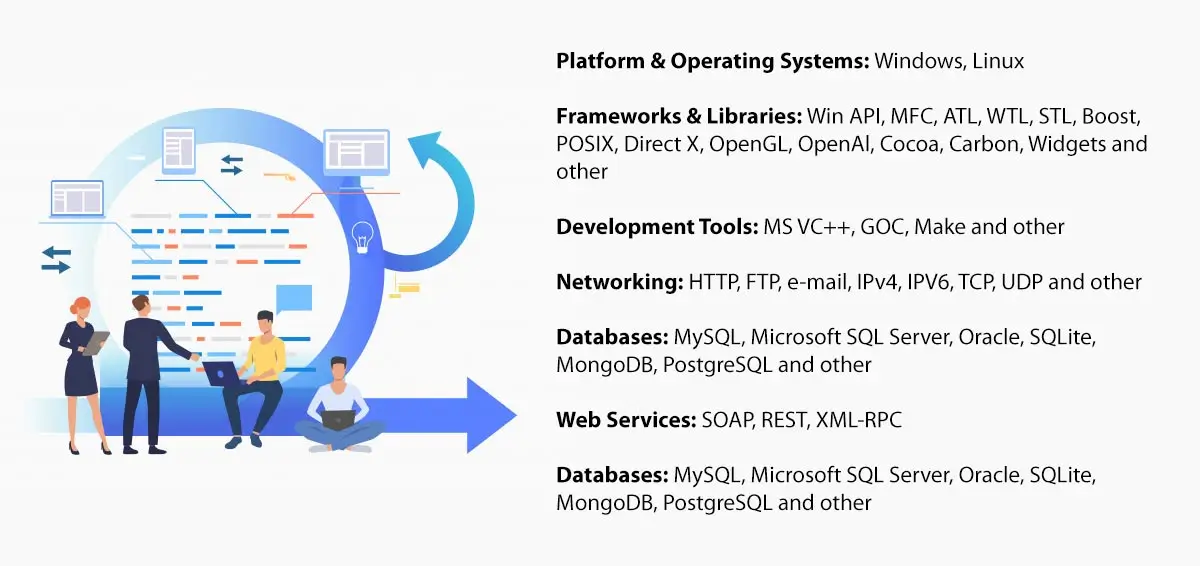
Conclusion
CPP software services are most helpful for various industries because of the flexibility and the performance provided by CPP language. Especially when considerations are for large scale system level product development, C++ is often considered due to various attributes CPP offers.OdiTek has been a top C++ development services company for a number of years, working both on Windows and Linux based C++ application development. Reach out to us Today!

